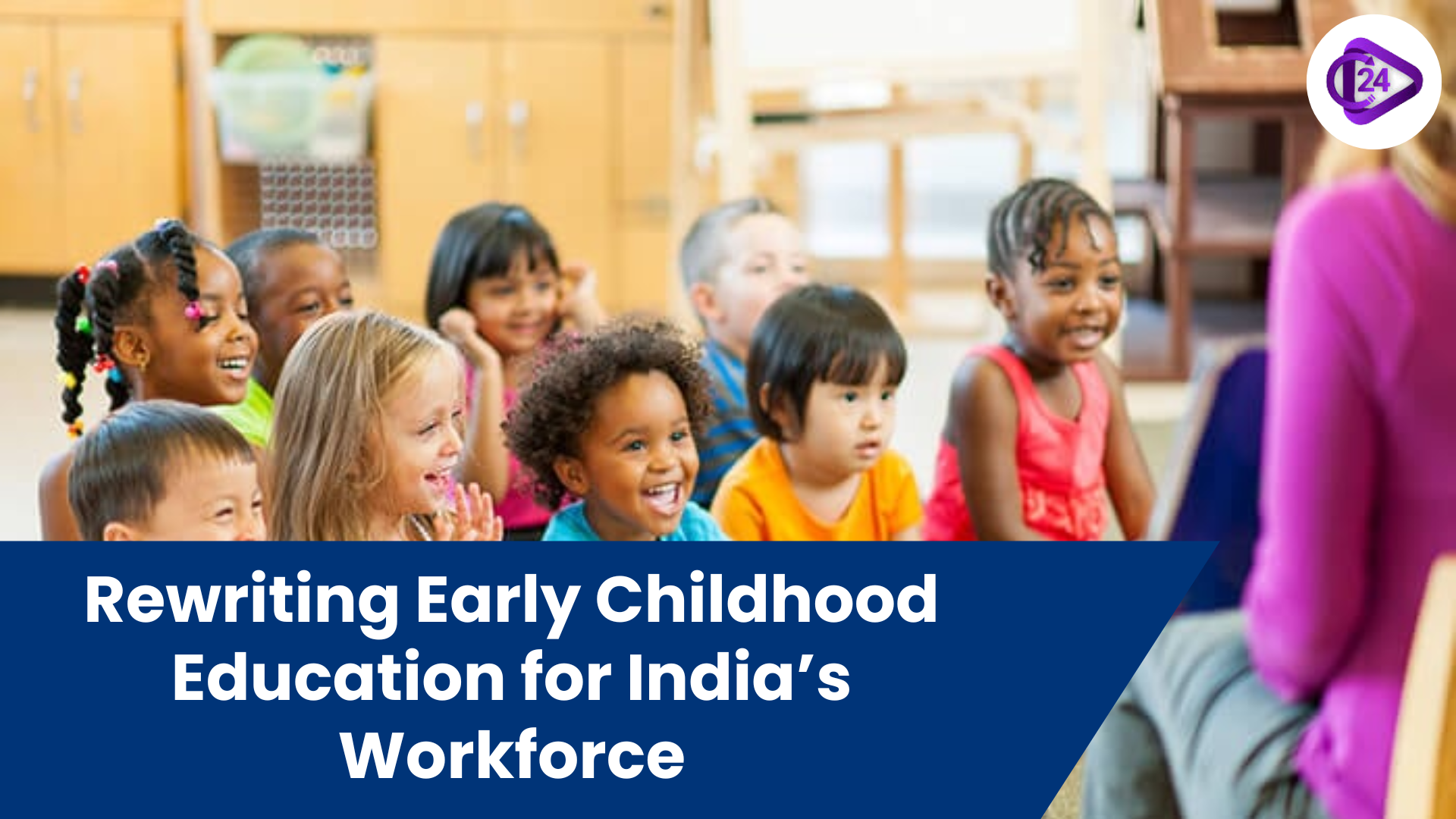
India’s Early Childhood Education (ECE) is very important for reducing poverty and opening up talents, according to Nobel Laureate James Heckman’s economic model. Millions of children participate in Anganwadis and pre-primary schools, but the system lacks proper instruction time, lacks teachers who are well-trained and has not involved enough parents. While Uttar Pradesh and Odisha have introduced new ways to offer ECE, a bigger focus on funding and more engagement with communities is still required. Investing in good early education is necessary, since there will be over a billion Indians joining the workforce before 2047 and this will help India become a world leader.
Context:
-
An early childhood education is beneficial for the economy because children and society thrive long term.
-
They must deal with fewer hours of instruction, a lack of materials and not all parents being involved.
-
Involvement by the government and parents can help push changes, preparing the way for India’s demographic dividend.
In news:
Siginificance of Early Childhood Education (ECE)
-
His studies show that each dollar put into ECE can bring up to $12 of benefit in the long term.
-
Childrens who get a good start in education are more likely to earn good wages and become homeowners as adults.
-
By the age of five, some children already show differences in their learning, so catching problems early is necessary.
Problems within India’s ECE System
-
Workers are only given 38 minutes a day for early childhood programs, while they should spend 2 hours.
-
Not All Schools Have Standard Teachers: There are trained early childhood educators in only 9% of government preschools.
-
Children who go straight to formal learning often find it hard, because just 1 in 7 pre-primary children can distinguish basic objects.
-
Government provides more funds for school education than for ECE, but there is little supervision in both areas.
State led initiatives
-
Over 11,000 ECE teachers were placed in Uttar Pradesh, with master trainers attending a residential course on ECE methods.
-
Shishu Vatikas are used in Odisha to help 5-6 year olds prepare for starting school.
-
The state organizes Bal Choupal sessions once a month to encourage parents to use games for their children’s education.
-
Using WhatsApp and EdTech applications, parents are better involved in their children’s learning.
Role of parents
-
It is very important to equip parents with useful knowledge for progress in early childhood education.
-
Getting families involved in learning inside and outside the center helps children grow as a whole.
About Early Childhood care and Education(ECCE)
Definition of Early Childhood care and Education
-
ECCE is designed for children age birth to six, giving focus to their care, nutritional needs, health, playtime and learning.
-
Contains early stimulation for children up to three years, early education from 3 to 6 years and early learning in primary school up to eight years old.
Framework of the Constitution and Law
-
Article 45 of the Indian Constitution: ECCE facilities must be available from the State for all those under the age of six as directed by Article 45 of the Indian Constitution.
-
RTE Section 11: According to Section 11 of the Right to Education Act, children must be offered free pre-school by law to support their entry into elementary schooling.
Government Schemes and Programs
-
Integrated Child Development Services (ICDS): Anganwadi centers are set up by ICDS to deliver supplemental food, education, health care and immunization services to young children.
-
PM Poshan(Mid Day Meal Scheme): This scheme brings nutritious cooked food to children in government-run and aided schools as well as pre-schools.
-
National Health Mission (NHM): Under NHM, people all over India are provided with equal opportunities in healthcare, with extra focus on women and their children.
-
Palna Scheme: Giving children a chance at safe daycare that improves their overall health and thinking skills.
-
Pradhan Mantri Matru Vandana Yojana (PMMVY): This program gives pregnant and breastfeeding women money to help with their nutrition and safety.
-
‘Poshan Bhi Padhai Bhi’: This initiative links nutrition education with school learning.
Importance of Early Childhood care and Education
-
Brain Development: Most of a child’s brain is developed by age six, so the early years play a vital role.
-
Holistic Development: The ECCE method as guided by the Panchakosha concept looks after the health of the body, mind and spirit.
-
Creative Learning: Focus on emergent literacy, numeracy, building good learning habits and learning through play.
-
Global take: EFA, SDG 4.2 and CRC prove that public care for children is an urgent priority worldwide.
Inclusion and Equity
-
Gender inclusion: Teaching gender equality from the start changes what people aim for and how they behave.
-
PwD: Screening and referral protocols introduced by the Ministry of Women & Child Development help with Divyang inclusion.
-
Anganwadi Centres: Setting up Anganwadi centers with diversity in teaching to help children reach their developmental goals
Global Commitments
-
India is a member of the Convention on the Rights of the Child 1989 and the Education for All agreement of 1990.
-
The strategy of UNESCO’s Global Partnership encourages ECCE that is available to all, inexpensive and designed for different genders.
-
Sustainable Development Goal 4 considers ECCE as the key for all children to receive education.
Way Forward
-
Growth in ECCE that eventually gives all children access to high-quality programs, supporting the most disadvantaged first.
-
States to build rules for how to register, accredit and ensure quality in education.
-
Developing practices, measuring results and documenting initiatives to try and scale best practices.
-
Early childhood care and education is formally assigned to the Ministry of Women & Child Development; the Ministry of Education will handle preschool education.
-
Teach children using methods where they lead rather than being led.
-
Support for greater government and corporate social responsibility funding to continue and extend ECCE.
-
Helping each Anganwadi teacher have enough time and resources.
Conclusion:
India’s ability to benefit from its young population depends on how well early childhood education is delivered. Tailored grants, more education professionals and encouraging parents to take part can improve education outcomes for large numbers facing birth disadvantages. By improving education, this drive will make India’s economy grow stronger and its reputation stronger as the country celebrates its centenary in 2047. Investment in human skills plays a big role in ensuring that India develops equally and remains a Vishwa Guru by training empowered young people.



 First-Ever Subsea Tunnel in Kerala: Reduce Travel Costs & Ease Traffic
First-Ever Subsea Tunnel in Kerala: Reduce Travel Costs & Ease Traffic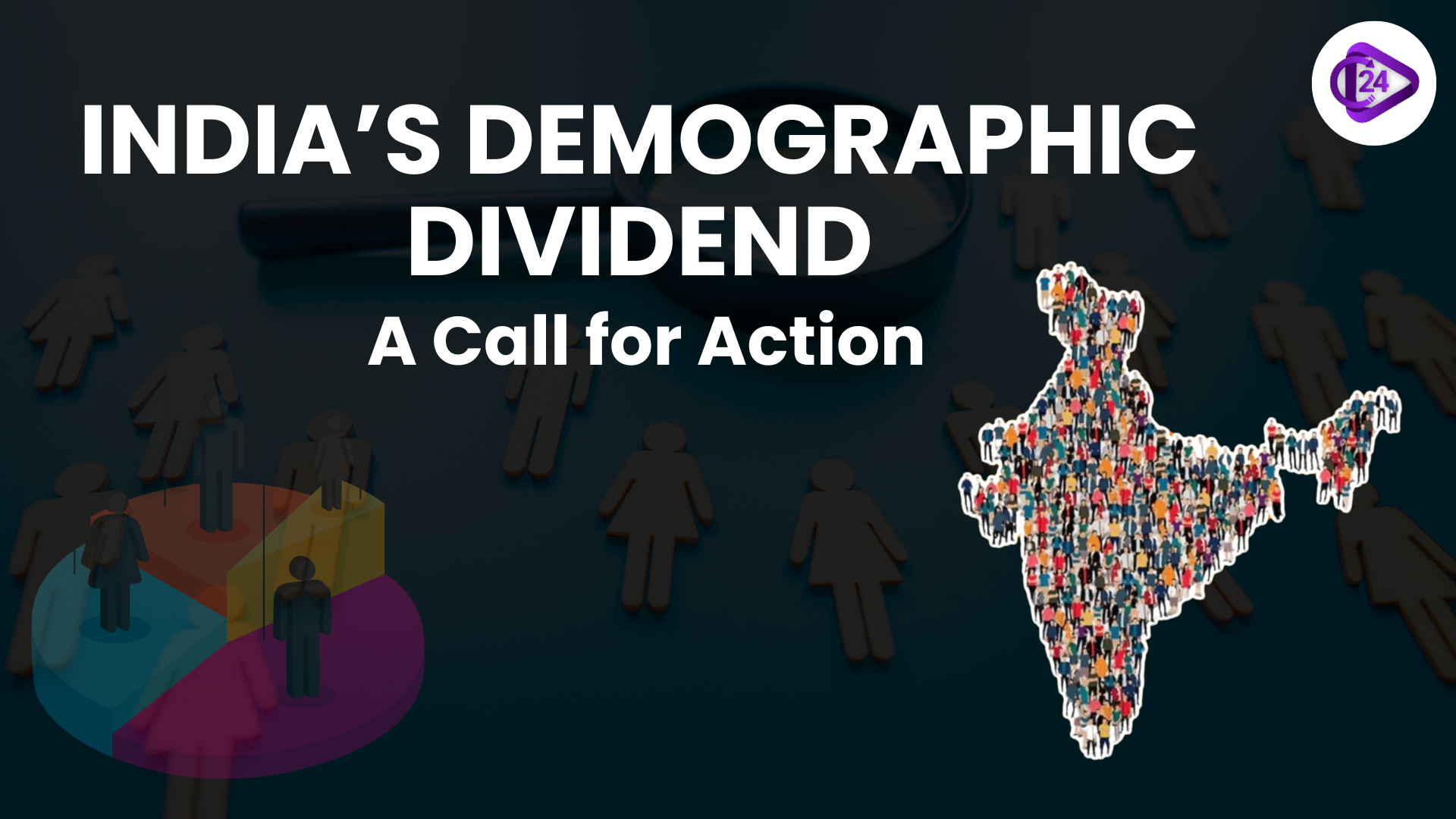 India’s Demographic Dividend as a Time Bomb: A Call for Action
India’s Demographic Dividend as a Time Bomb: A Call for Action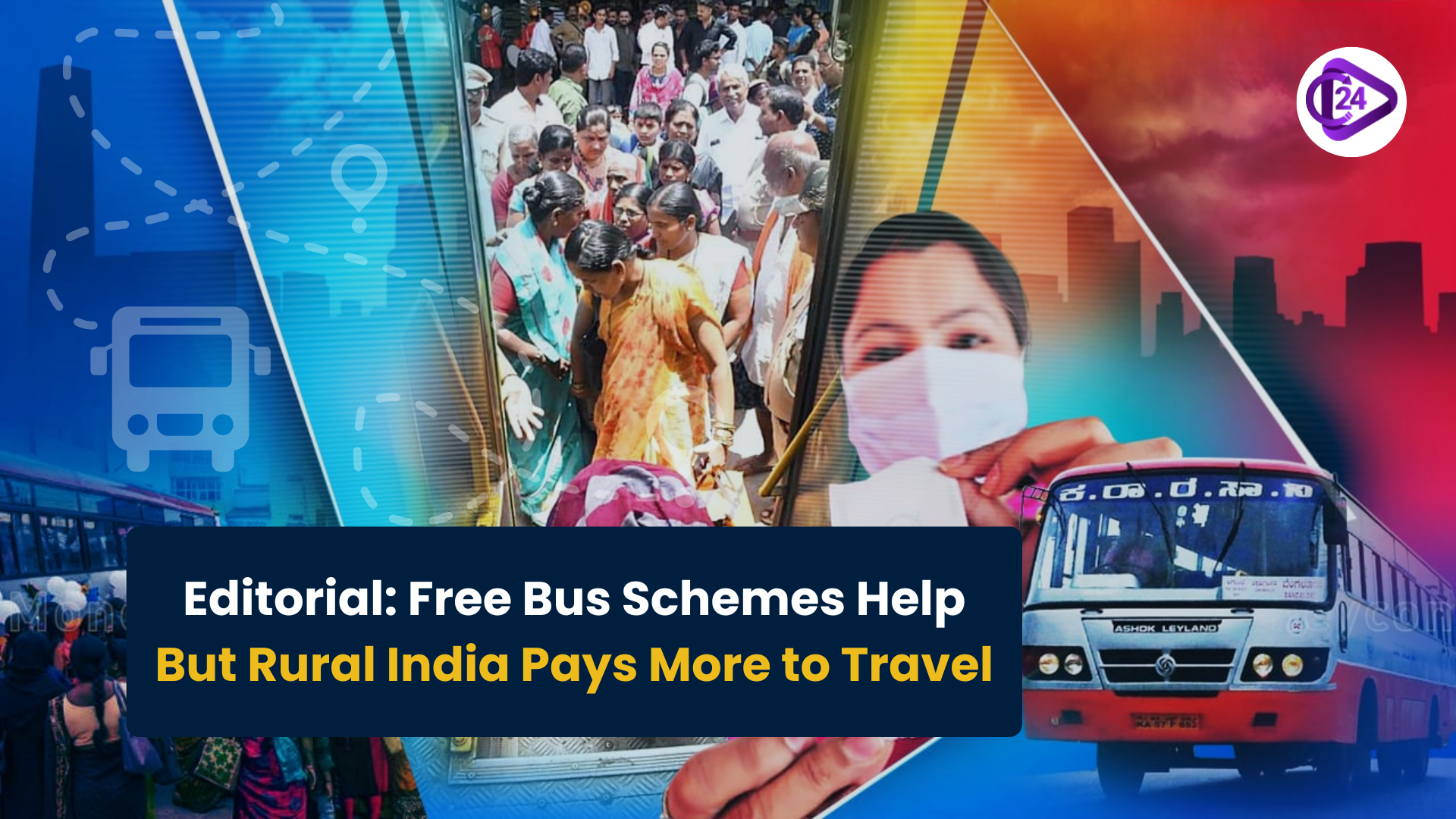 Free Bus Schemes Help, But Rural India Pays More to Travel
Free Bus Schemes Help, But Rural India Pays More to Travel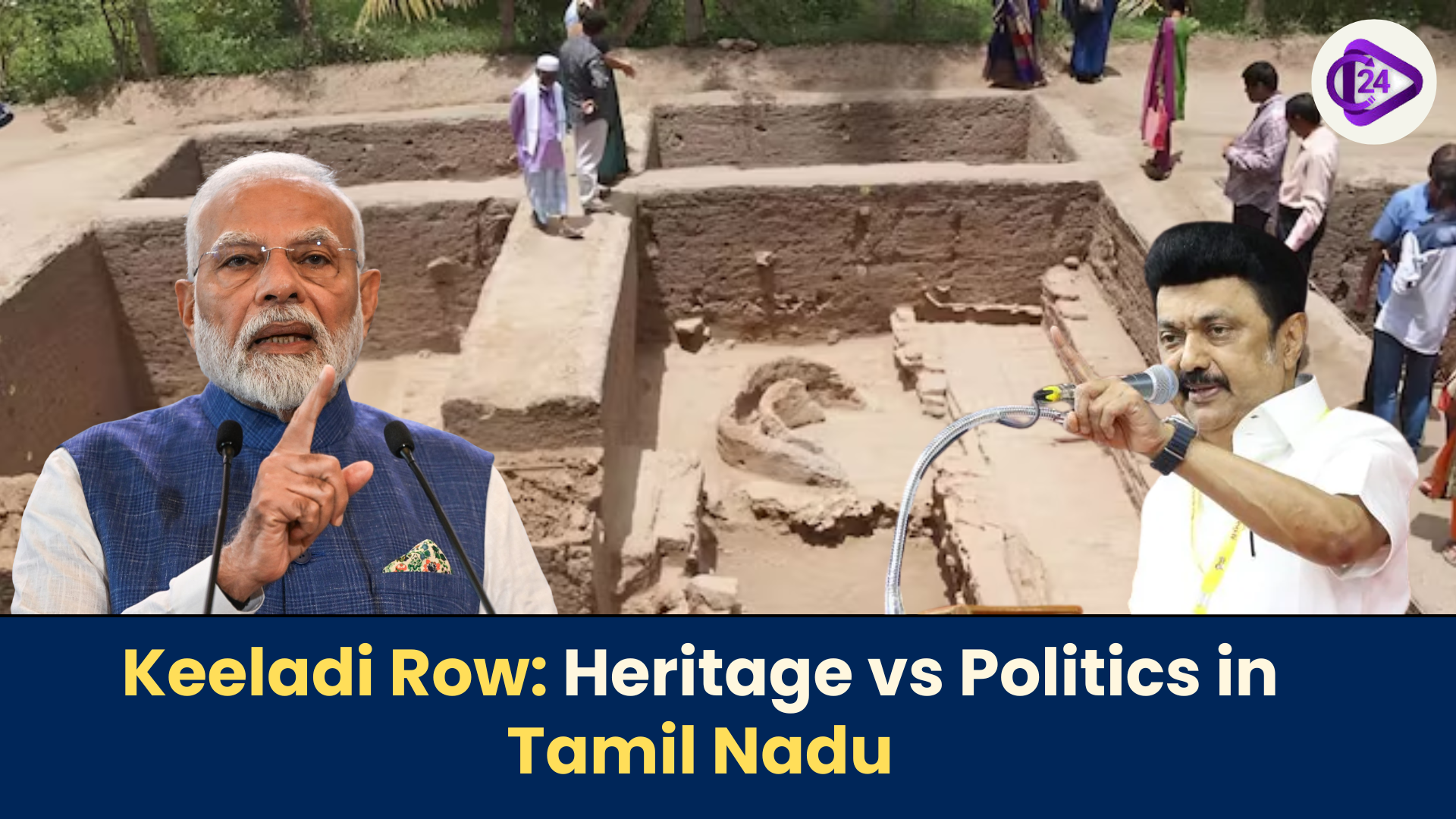 Keeladi Controversy-Conflict of Archaeology, Politics and Tamil Heritage
Keeladi Controversy-Conflict of Archaeology, Politics and Tamil Heritage Uttarakhand: A Persistent Hotspot for Helicopter Accidents
Uttarakhand: A Persistent Hotspot for Helicopter Accidents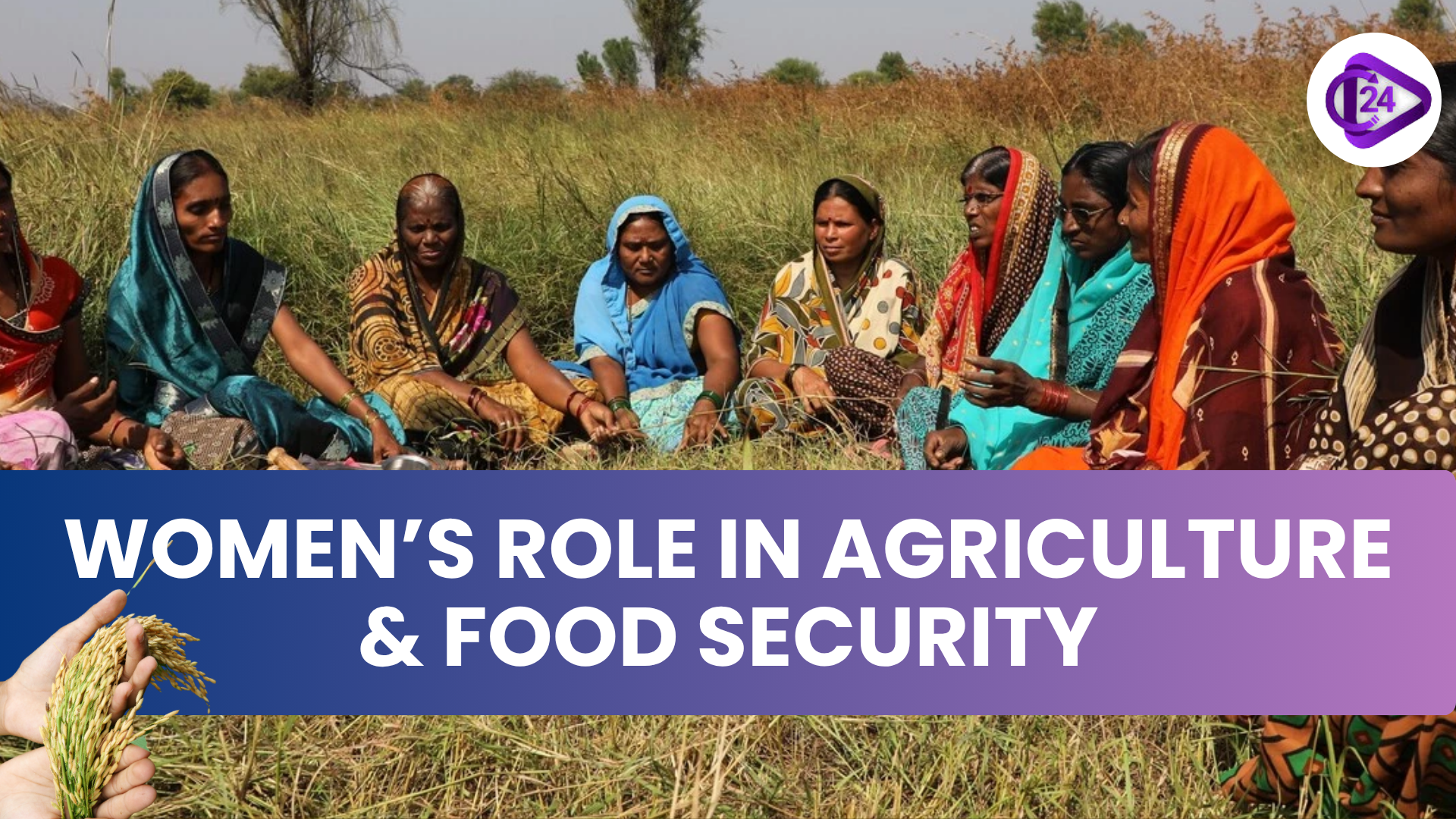 Empowering Women in Agriculture for Food Security
Empowering Women in Agriculture for Food Security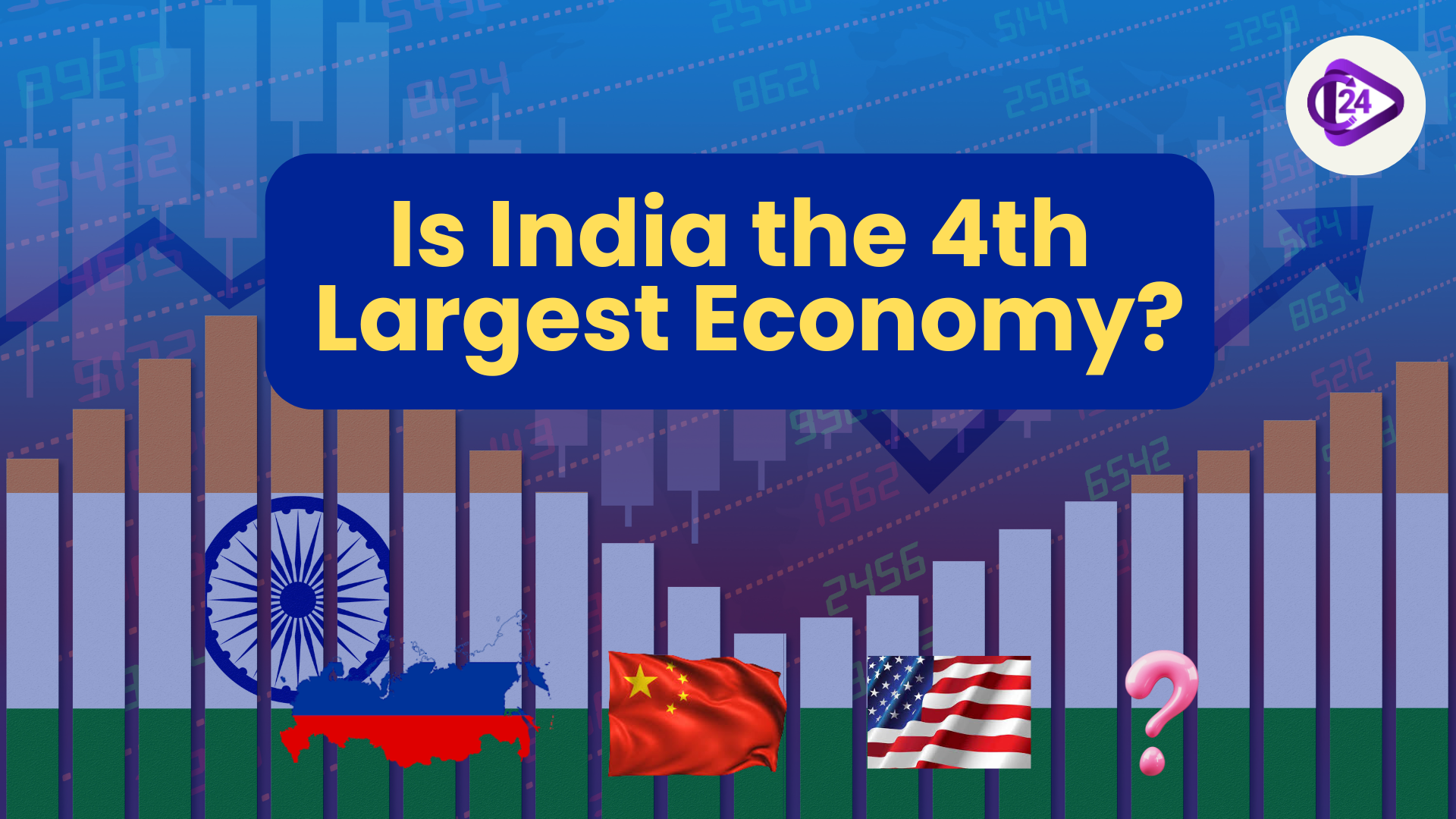 Is India the World’s Fourth Largest Economy?
Is India the World’s Fourth Largest Economy?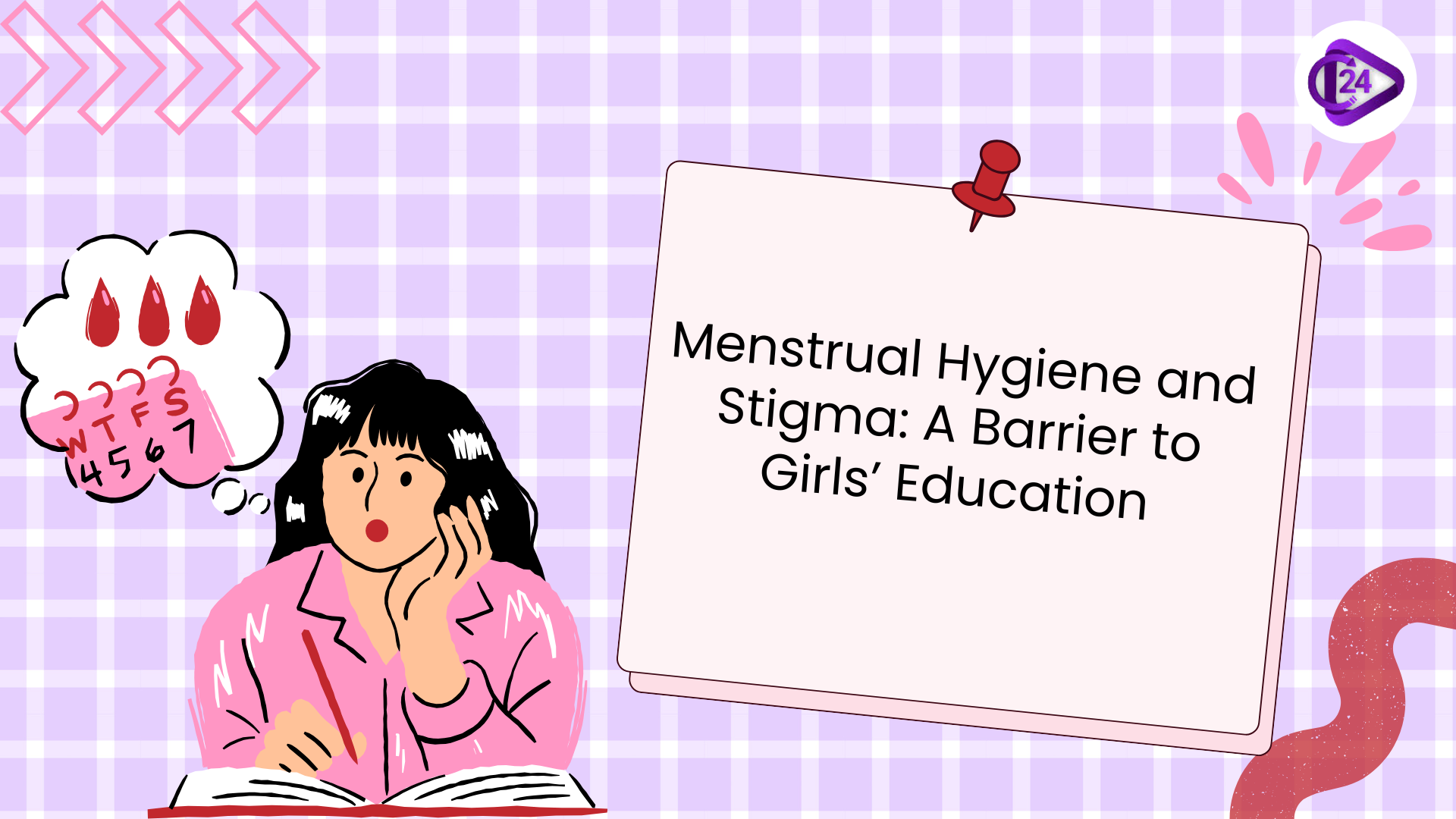 Menstrual Hygiene Issues and Period Stigma: A Barrier to Girls’ Education in India
Menstrual Hygiene Issues and Period Stigma: A Barrier to Girls’ Education in India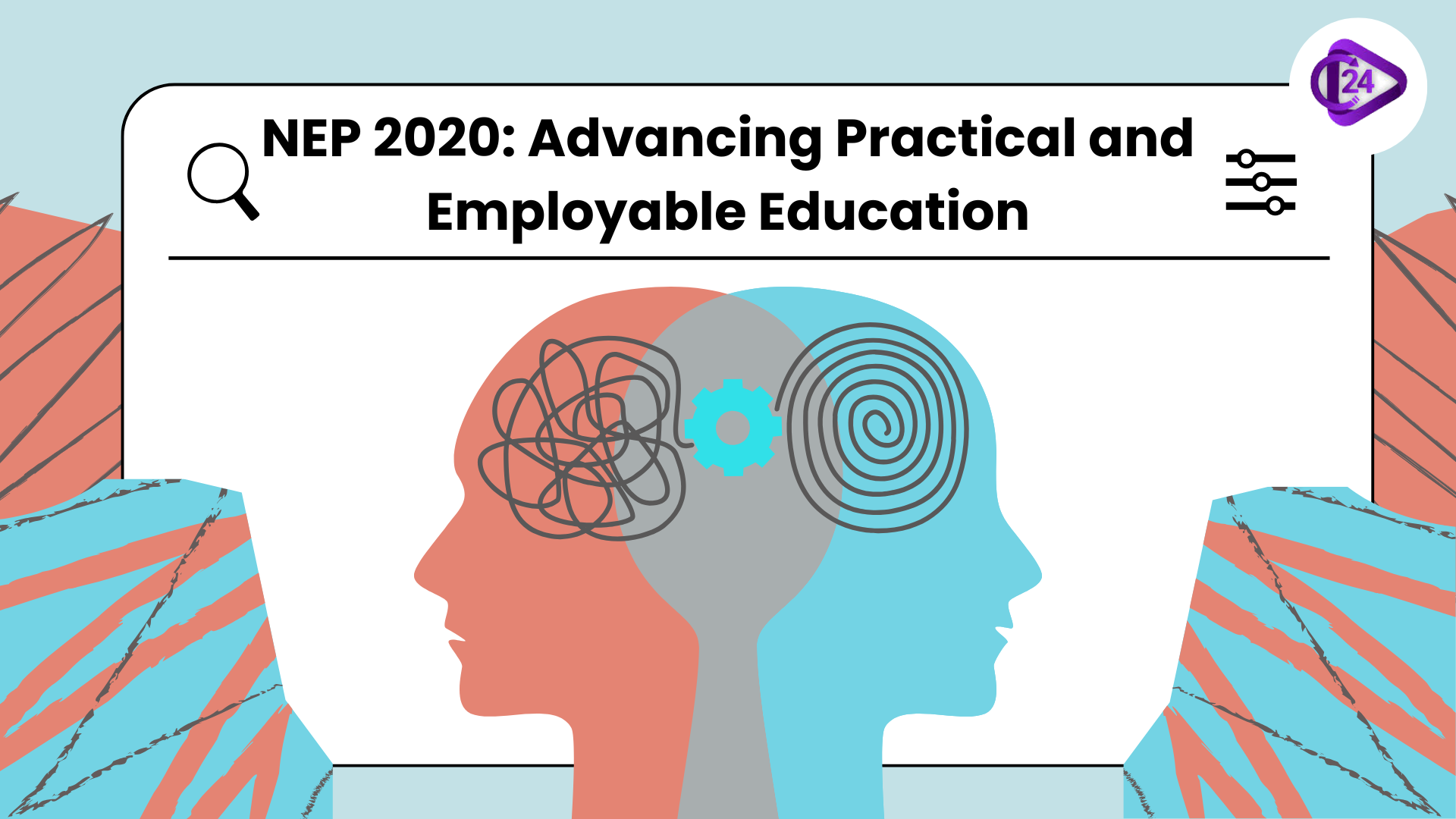 NEP 2020: Paving the Way for Practical, Pragmatic, and Innovative Education to Enhance Employability
NEP 2020: Paving the Way for Practical, Pragmatic, and Innovative Education to Enhance Employability






